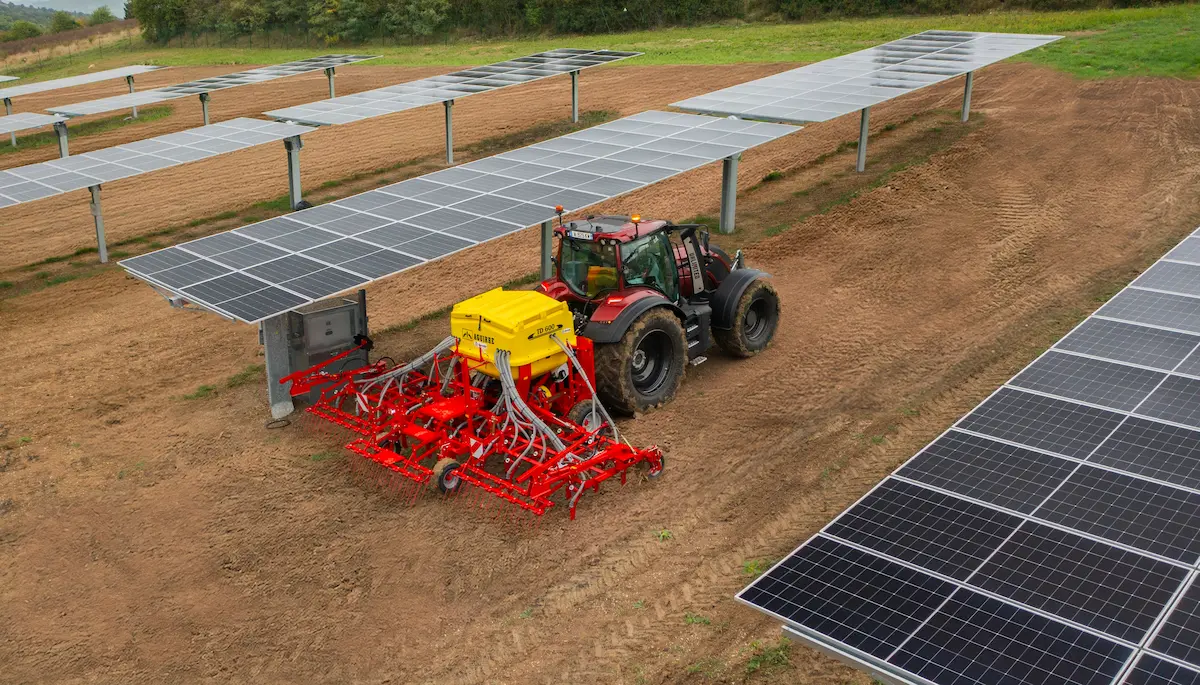APER law : a legal framework for agrivoltaics

What is the legal framework for agrivoltaics ?
The Government recently proposed legislation to establish a legal framework for the acceleration of renewable energy production, including agrivoltaics, a practice of combining agricultural production with solar energy production.
The bill relating to the acceleration of renewable energy production was presented to the Council of Ministers on September 26, 2022. The text was adopted at first reading by the Senate on November 4, 2022 and by the National Assembly on January 10, 2023. The Joint Joint Commission, meeting on 24 January 2023, reached an agreement.
The text was definitively adopted by the National Assembly on 31 January 2023 and the Senate on 7 February 2023.
Background and goals
The only European country not to reach its goals, France is lagging significantly behind in terms of the development of renewable energies.
In addition, the war in Ukraine highlighted the energy dependence of Europe in relation to Russia and fossil fuels. And finally, the aging of the French nuclear fleet requires major checks, leading to the shutdown of several reactors.
It is in this context of energy and ecological emergency — which has become an economic and social emergency — that the government proposed the examination of a law of acceleration of renewable energy production. Its main objective is to promote the development of renewable energies, and in particular photovoltaic energy, which has the advantage of being the most competitive, rapidly deployable and best accepted energy, and of contributing to reducing our dependence on fossil fuels.
The development of a framework on agrivoltaics
Until now, agrivoltaics was not governed by specific legislation, which could cause problems and create uncertainty for the actors involved. The establishment of a clear and appropriate legal framework is therefore becoming essential for several reasons.
First of all, this will prevent agrivoltaic projects from being carried out without real synergy between agricultural activity and solar energy production. So they could be considered simple alibis to install solar panels on agricultural land. A legal framework establishes clear criteria and requirements to ensure that agrivoltaics projects actually contribute to both food production And at the renewable energy production.
The law defines agrivoltaics as “an installation for producing electricity using the radiant energy of the sun and whose modules are located on an agricultural plot where they contribute sustainably to the installation, maintenance or development of agricultural production” and which directly provides at least one of the following services:
— The improvement of agronomic potential and impact;
— Adaptation to climate change;
— Protection against hazards;
— The improvement of animal welfare.
It prohibits the development of ground photovoltaic projects on agricultural land with the exception of certain land deemed to be uncultivated or unexploited, identified by prefectural decree and on which projects “compatible with the exercise of agricultural activity” may be implemented.
In addition, agrivoltaic projects will be subject to the approval of the Departmental Commissions for the Protection of the Agricultural and Forestry Environment (CDPENAF), thus guaranteeing quality projects.
The growing responsibility of local elected officials
Another important aspect of this law concerns the integration of mayors in the planning of the energy transition. Local elected officials have a thorough knowledge of the specificities of their territory, of his agricultural resources and but above all the needs and the inhabitants and the various local actors.
Thus, parliamentarians wanted to entrust them with greater responsibility in implementing an energy transition that was faster and better accepted by citizens. Municipalities will therefore be responsible for establishing acceleration zones on their territory. While these areas are not exclusive, they will play a critical role in the deployment of renewable energies.
Elected officials will have to ensure that renewable energy projects respect the environmental standards and sustainability principles. This includes maintaining local ecosystems, protecting agricultural soils, and minimizing impacts on biodiversity. Projects should be designed in such a way as to minimize risks to the environment.
What to remember
In conclusion, the lAct to accelerate the production of renewable energies represents a significant advance in the development of Agrivoltaics in France. This legislation provides a legal framework for this practice, responding to the urgent need to produce more of renewable energies. It also allows us to give us the means to set ambitious goals for the next Energy and climate programming law (LPEC), which represents a major deadline every 5 years to define priorities for action in the area of national energy policy. In addition, she entrusts to local elected officials a growing responsibility in the planning of energy transition, thus recognizing their essential role in the establishment of acceleration zones. This law paves the way for a development important agrivoltaics throughout France, thus contributing to the adaptation of agriculture to climate change.
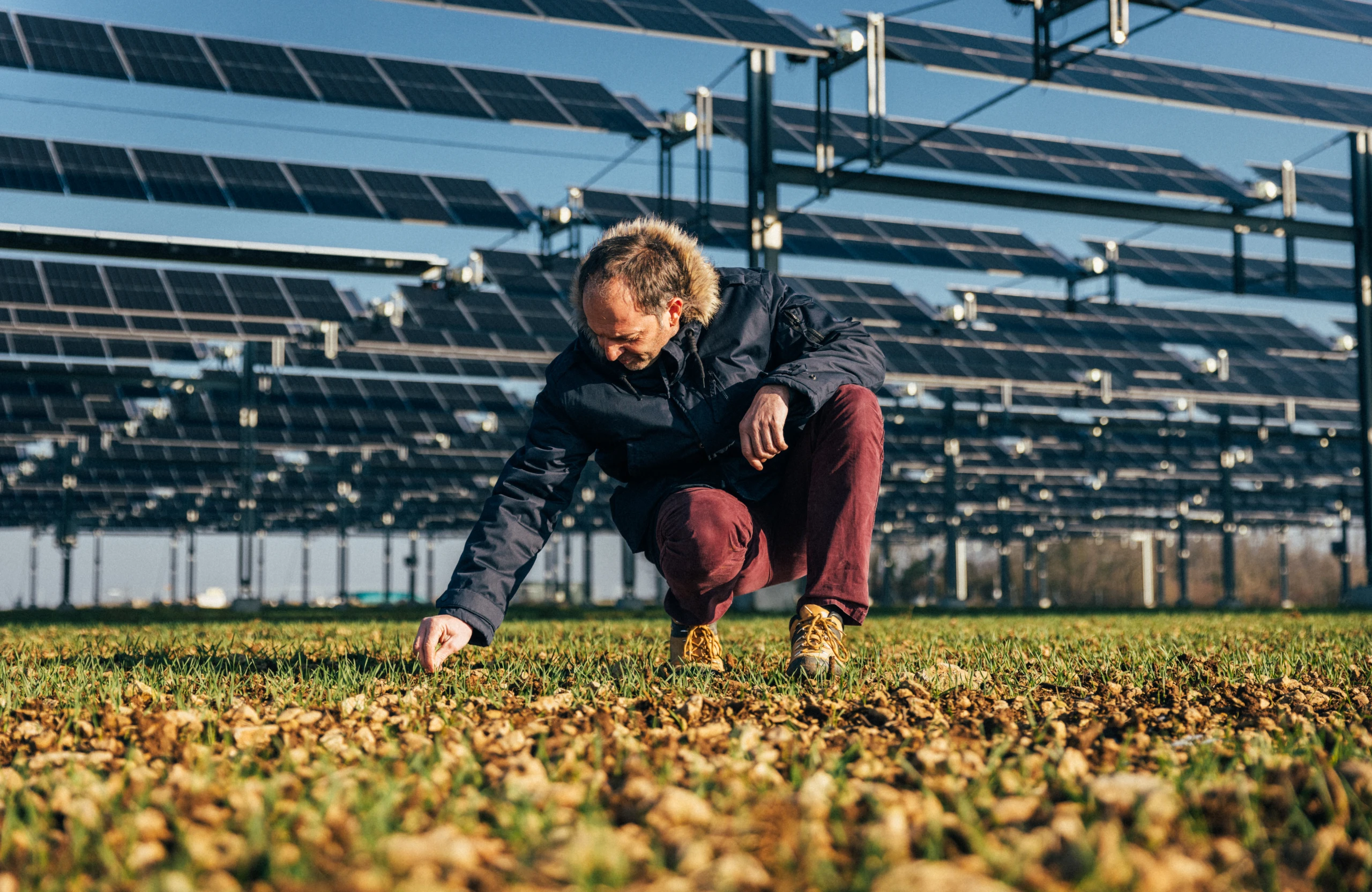
.webp)
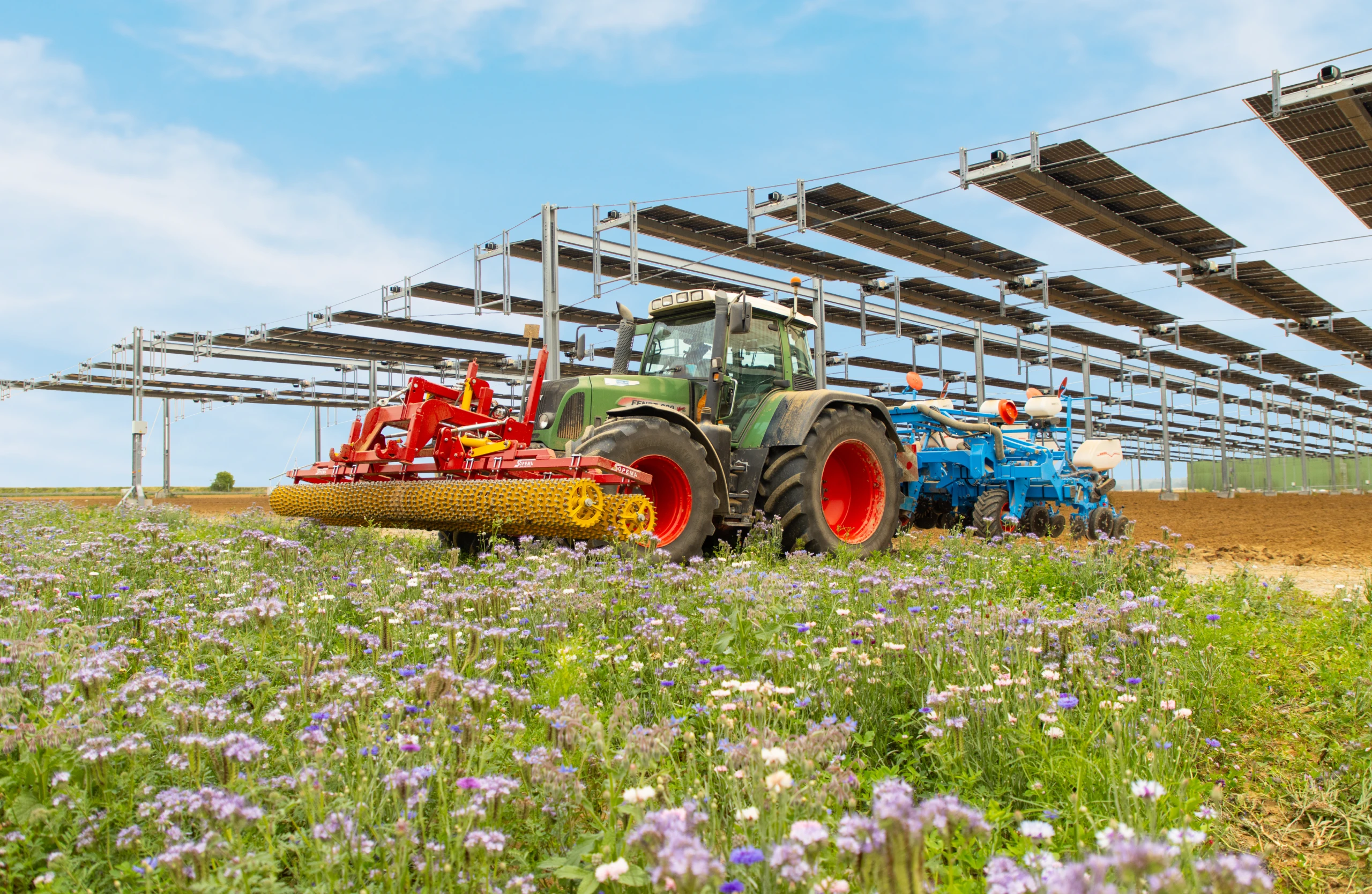
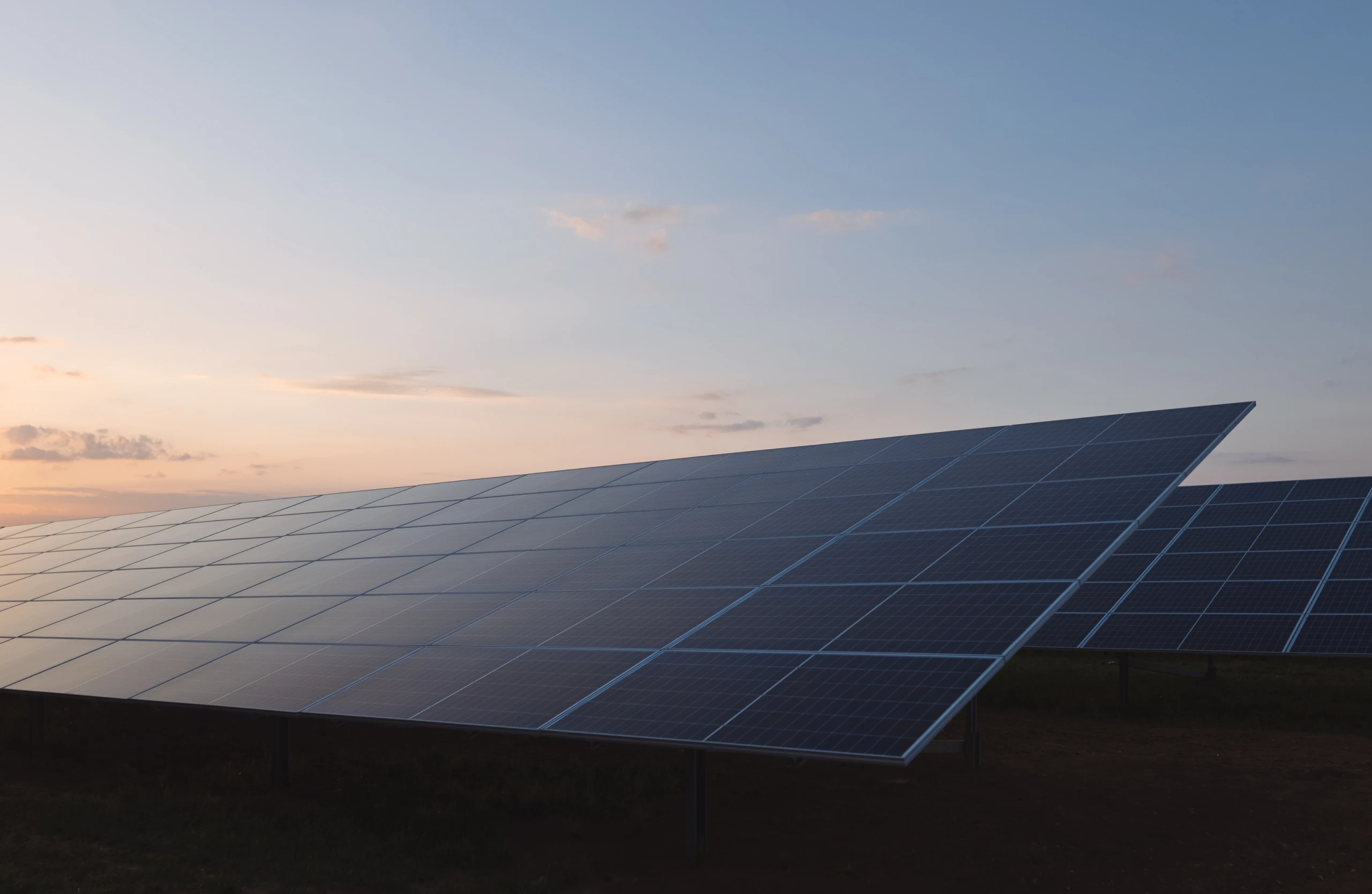
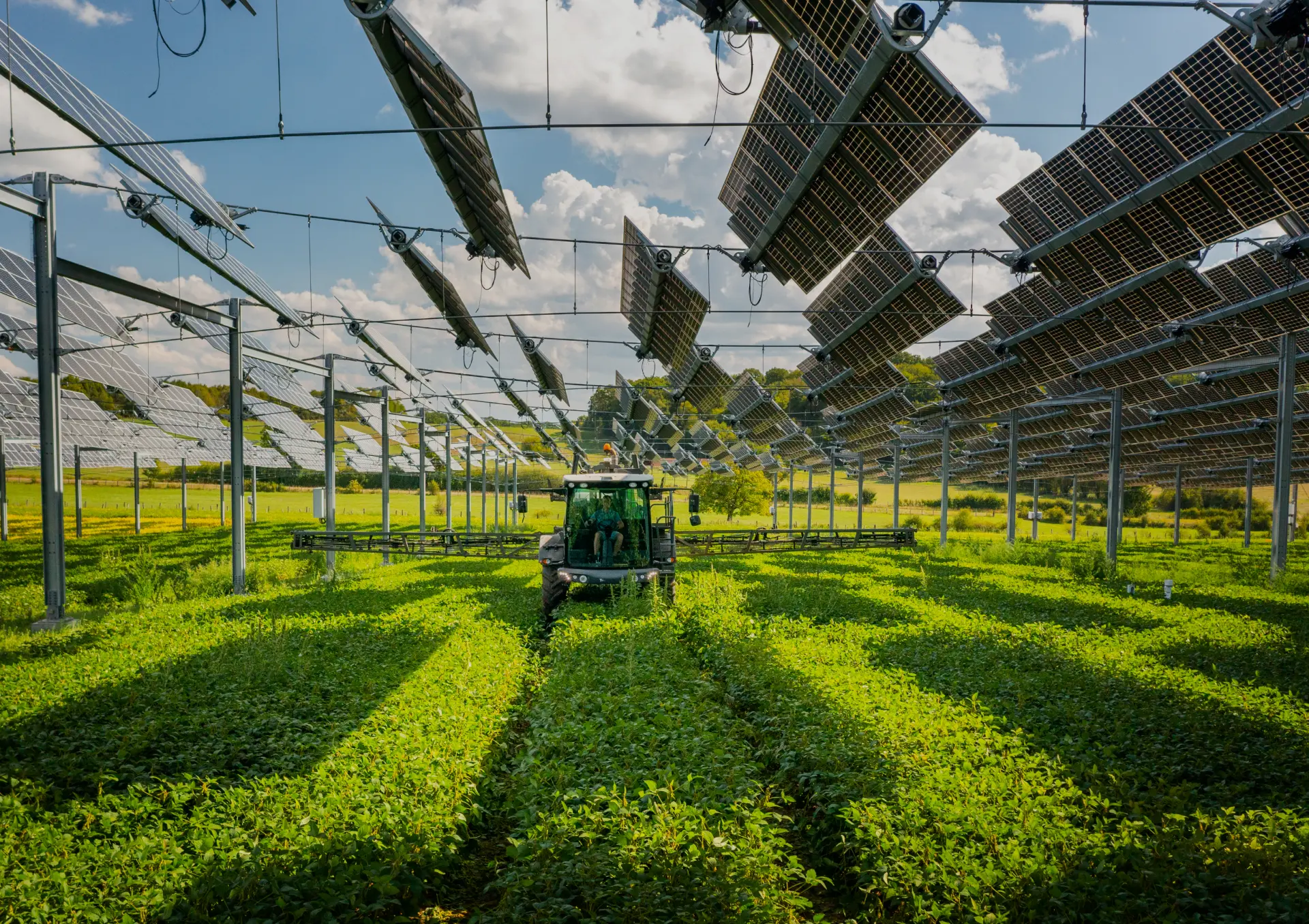





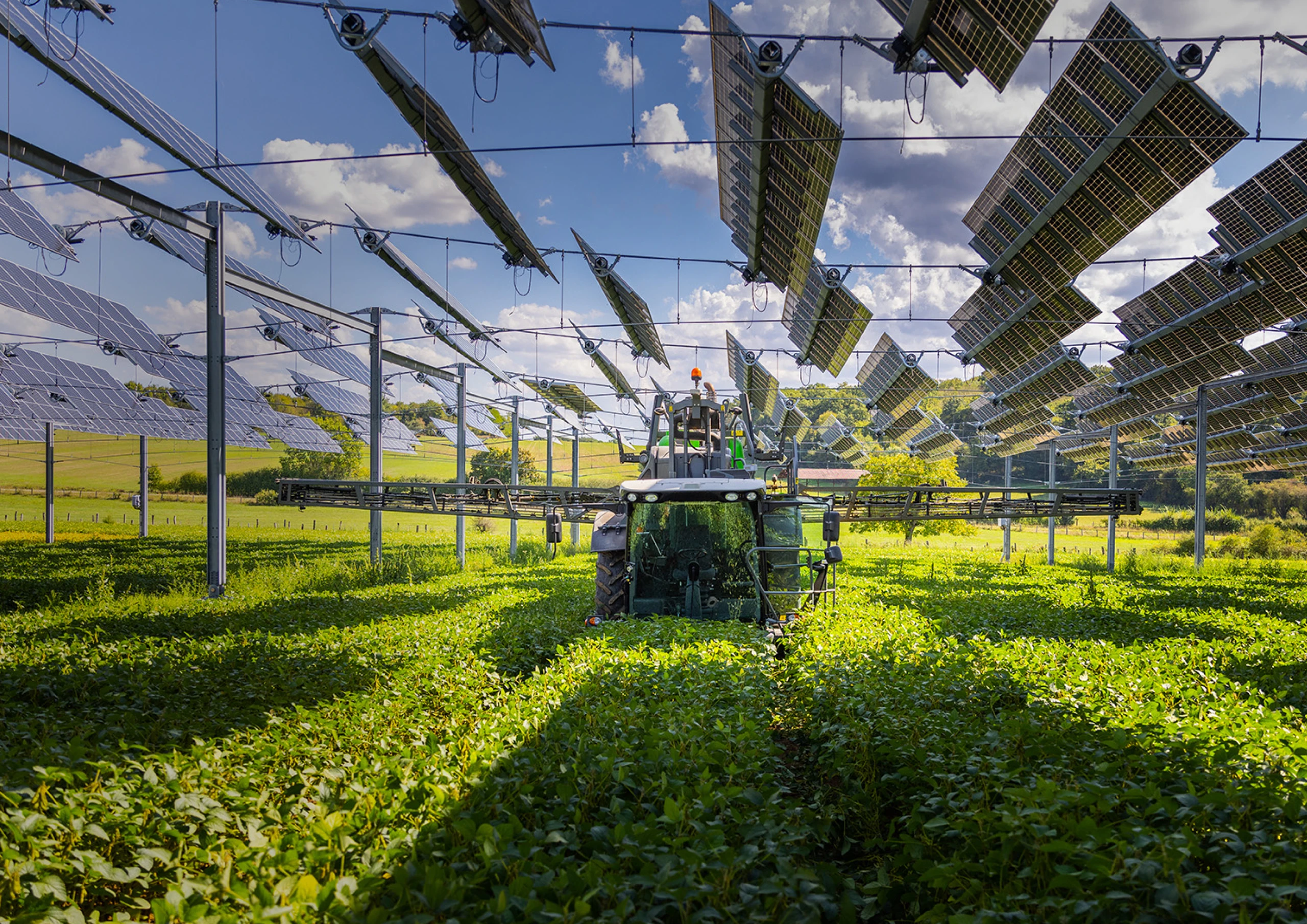
.webp)

